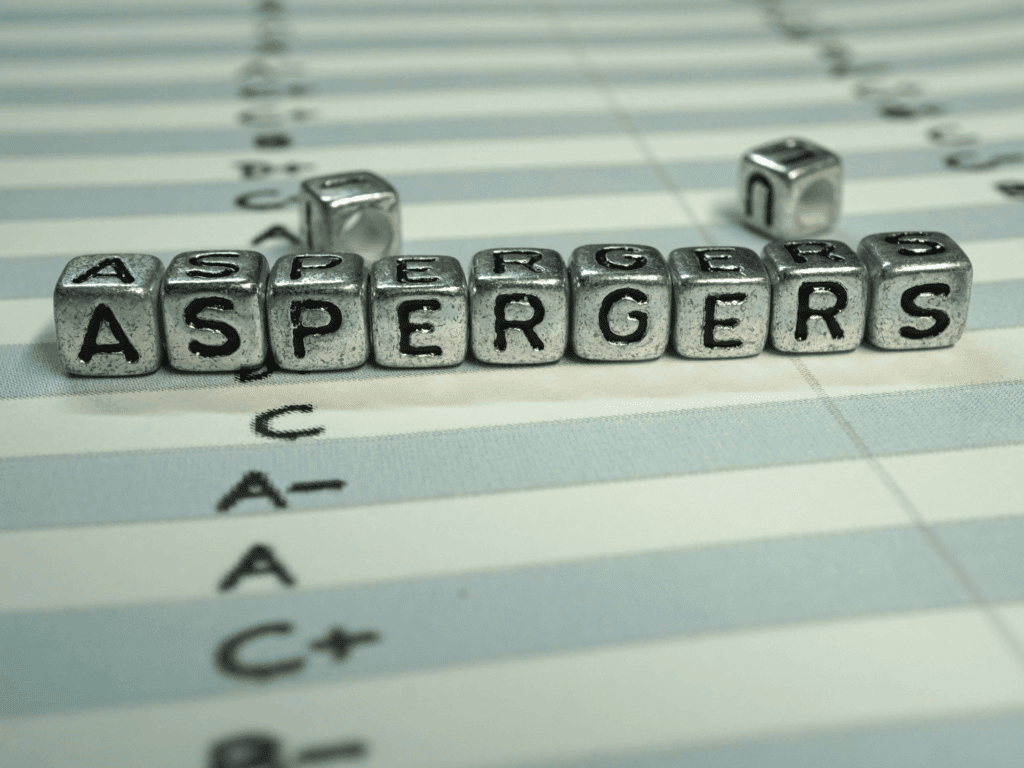After making her way onto the stage at Britain’s Got Talent in 2009 and stunning audiences with her angelic voice, Susan Boyle shot to stardom overnight. After releasing an album that became the number one album of 2009, Boyle has continued to record albums, with her latest being a collection of Christmas songs. But, that is not why she is making headlines lately. Instead, her recent mental health revelation is what is grabbing the public’s attention.
Asperger’s and Boyle: How the Syndrome Has Affected Susan Boyle
After noticing some troubling symptoms that were never fully diagnosed when she was a child, Boyle went to her doctor and found out that she has Asperger’s. When she was younger, she was told that she had brain damage, which caused her to experience some of the many side effects of this disorder. Shortly after finding out the news, Boyle went public with her diagnosis, making her one of the very few public figures to disclose a significant mental condition.
What is Asperger Syndrome: Symptoms and Causes
Asperger syndrome, also known as Asperger’s, is a developmental disorder that is classified as a condition on the autism disorder spectrum. Many people refer to Asperger syndrome as a high-functioning form of autism, meaning that those who have this disorder have less developmental challenges than those who have different forms of autism. However, people who have been diagnosed with Asperger’s certainly have various challenges which affect their daily lives.
Asperger syndrome affects the way people think and behave. It also impacts the way individuals interact with others. It can be challenging for people who have this developmental disorder to build strong relationships with other people because Asperger’s tends to cause people to struggle to read other people’s way of communicating. This misreading and misunderstanding often cause people with Asperger syndrome to become distant from those around them.
Sometimes, people who have this disorder may respond inappropriately to the individuals around them. Or, they may have difficulty talking about subjects other than the things in which they are extremely interested.
In addition to these challenges, however, those who have Asperger syndrome also have some major strengths that others do not generally have. Many people who have this developmental disorder have an amazing ability to pay very close attention to detail. They are also usually highly intelligent, developing extensive vocabularies very early on, even in childhood. Individuals who have Asperger syndrome may also be very persistent and have the ability to focus well.
The Connection Between Asperger’s and Addiction
Luckily for Boyle, her Asperger’s has not led to substance abuse as it does in the lives of many other individuals who struggle with the same disorder. There are a number of reasons why Asperger’s and addiction tend to go hand-in-hand, many of them including the following:
- Poor social skills – Possibly the most common trait of Asperger syndrome is poor social skills. It can be increasingly difficult for individuals with this disorder to interact with others without feeling uncomfortable. This often causes them to have trouble making and keeping friends, which can lead to loneliness, depression and an increased interest in using substances, such as drugs or alcohol, to cope.
- Communication troubles – Without proper communication skills, people who have Asperger’s can grow tremendously frustrated and angry when attempting to communicate their thoughts, needs, or opinions. They can also take the words of others very literally, causing hurt feelings. Because of these communication troubles, some people who have Asperger’s might use drugs or alcohol in order to get attention or to get relief from the anger they are experiencing because they cannot communicate well.
- Depression and anxiety – Often, those who have Asperger’s struggle with symptoms of anxiety or depression. It can be very difficult to work through the effects of this disorder. Often, people who struggle with the symptoms of Asperger syndrome have difficulty relating to and being understood by others. This can result in isolation and loneliness, leading to depression. It can also cause people to feel anxious about being in social settings. Other types of anxiety may also affect some people as a result of their Asperger syndrome-related challenges.
- Changes in environment – Sometimes, those who have Asperger syndrome have trouble adapting to change. This developmental disorder causes people to have somewhat of an attraction to patterns, routine, and repetition. So, when changes occur, it can be challenging for individuals who have Asperger’s to adapt.
All of these factors could possibly lead contribute to the development of an addiction problem in the lives of those who have Asperger syndrome. Individuals who become overwhelmed by these factors may turn to alcohol or drug use in order to find relief or an escape from the symptoms of Asperger’s. This substance use could result in an addiction problem, which is not both harmful and dangerous to those who suffer from developmental disorders.
Dual Diagnosis Treatment for Asperger’s and Addiction
While many people who are diagnosed with Asperger’s (including Boyle) are able to receive treatment that allows them to improve upon areas of concern such as those listed above, many people do not get that care. As a result, they become much more likely to start abusing drugs or alcohol as a method of coping with the symptoms that can continue to plague their everyday lives. The best and most effective way to prevent this from occurring is to seek help immediately.
If Asperger’s (or any other mental health condition) is affecting your life, it’s important to get professional help and treatment in order to work through the symptoms and effects of your mental health concerns. But, it’s also important to get treatment if you’re struggling with an alcohol or drug addiction problem. A dual diagnosis program can help you to address the substance abuse in your life and equip you with the skills you need in order to remain free from addiction. This treatment can also help you to learn how to deal with the effects of your mental health challenges in a healthy, safe, and drug-free way.
Author
-

President, CEO & Founder at Northbound Treatment Network
Paul Alexander is the CEO, President & Founder of Northbound Treatment Network in Newport Beach, California. He believes wholeheartedly in transformational leadership, organizational health and effective, fully integrated substance use disorder and mental health treatment. With over 27 years of experience in behavioral healthcare, Paul has extensive knowledge of “in vivo” treatment modalities, clinical development, operations, strategy, marketing and financial planning. He has been widely recognized for his development of collegiate-based residential treatment programs for students in recovery and authored a research study at The University of California confirming this modality’s effectiveness.
Paul’s comprehensive professional experience, willingness to innovate, and emphasis on organizational health are vital factors in Northbound’s continued success. Paul received his Certified Addiction Treatment Specialist training at Saddleback College in Mission Viejo, CA, and was awarded Outstanding Alumni Service Award in 2002. Paul holds a Bachelor of Arts degree in Criminology, Law and Society, Summa Cum Laude, from University of California, Irvine, and a Juris Doctorate degree from Loyola Law School of Los Angeles. Paul currently serves on The National Association of Addiction Treatment Providers (NAATP) board. In addition, he serves on The Family Recovery Foundation board and The CarePossible board in Orange County; both organizations are committed to raising funds for family recovery and treatment for former military personnel. Paul is in recovery himself and lives in Orange County with his wife Silvana and his two young sons, Noah and Dean.







